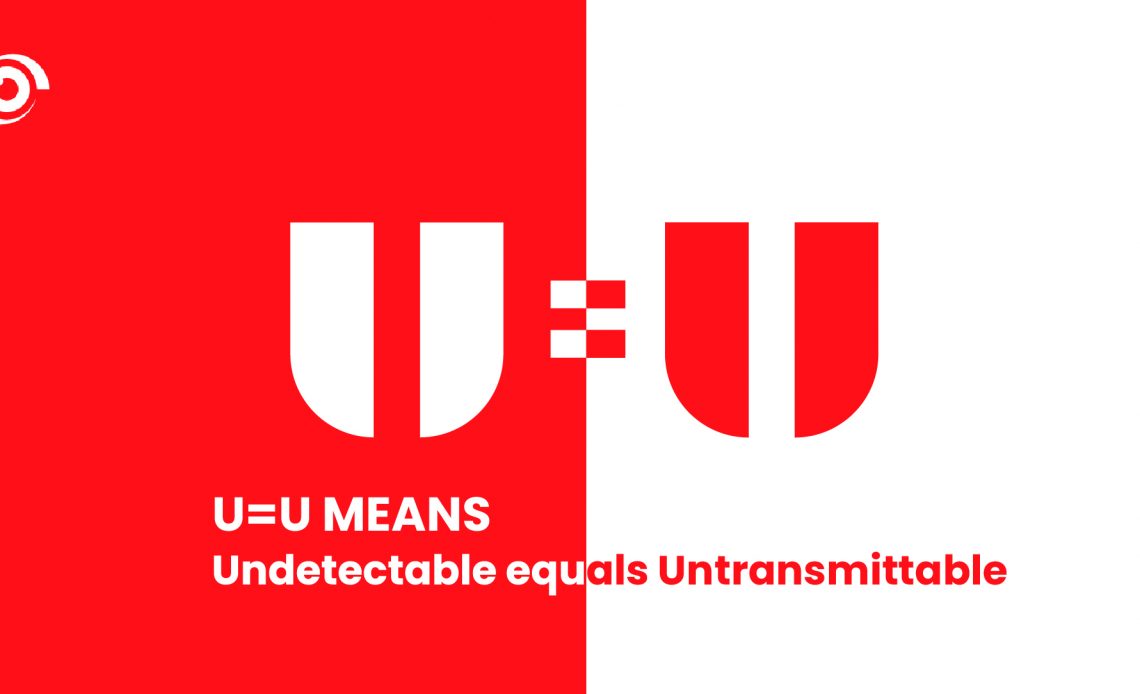By Asari Ndem and Oladimeji Solomon (Lead Writer)
U=U means Undetectable equals Untransmittable. This means that if people living with Human Immuno-deficiency Virus (HIV) take their antiretroviral therapy (ART) medication daily, as prescribed by their doctor, their viral load can become undetectable and they cannot transmit the virus to their partners sexually. In July 2023, The Lancet estimated that the national HIV prevalence in Nigeria was about 2.1% among adults aged between 15 to 49 years. This equates to around 2 million people living with HIV. This figure could increase if people do not have access to information and adequate testing, antiretrovirals or care.
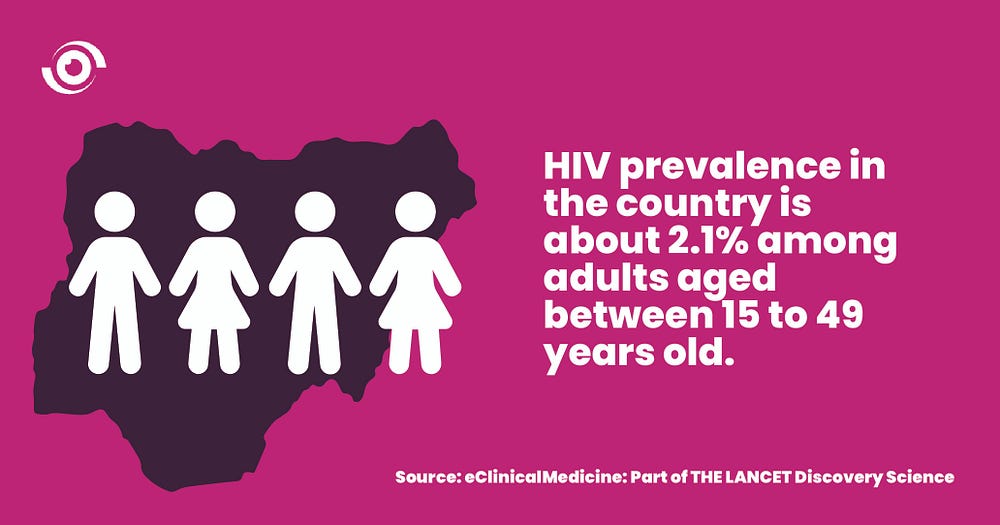
It is therefore critical to share scientifically supported information to improve awareness of U=U messaging in order to encourage testing and medication adherence, while helping to reduce HIV-related stigma in communities.
The U=U Campaign
On the 25th of November 2019, the National Agency for the Control of AIDS (NACA), in collaboration with the US President’s Emergency Plan for AIDS Relief (PEPFAR), launched the U=U awareness campaign in Nigeria. At the launch, the Director-General of NACA, Dr Gambo Aliyu, acknowledged the important role communities play in mitigating the transmission of the virus.
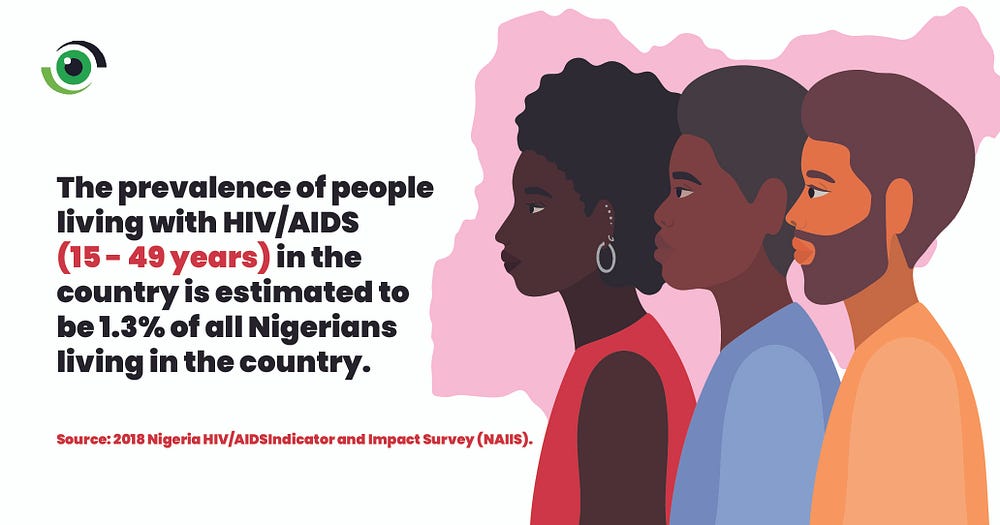
Several organisations, including the US Military HIV Research Program (MRHP) — Nigeria and Management Sciences for Health (MSH), also joined the U=U campaign across the country, however, the implementation of the campaign was cut short because of the COVID-19 pandemic.
A new campaign
In 2023, Nigeria Health Watch, in collaboration with APIN Public Health Initiatives and the US-CDC Nigeria, launched the U=U campaign across social media platforms and select radio stations nationwide. Messaging was aimed at young adults and focused on encouraging them to test for HIV proactively, in order for them to learn about and manage their HIV status. For those that test positive, maintaining their undetectable viral load through adherence to their daily ART.
Prior to the campaign launch, data on HIV testing, U=U awareness, and medication adherence indicated that more effort was required to increase the proportion of people with undetectable viral loads and encourage healthier communities. Further insights into young people’s attitudes and perceptions about HIV revealed the following:
- Young people (particularly those living in rural areas) lack access to HIV testing and treatment.
- Young people living with HIV/AIDS found it difficult to disclose their HIV status, seek treatment, and access HIV prevention services due to stigma and discrimination.
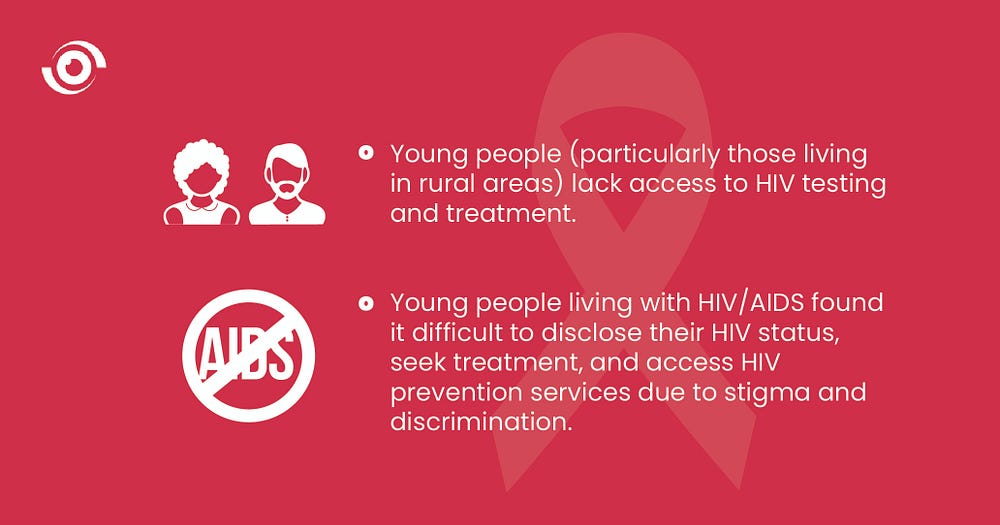
On the 5th of July, the US-CDC, APIN Public Health Initiatives, and Nigeria Health Watch held a message validation workshop where partners, key stakeholders, influencers, and members of the people living with HIV community reviewed and validated pre-developed messages for the campaign. Following this, the U=U campaign was launched on social media. Social media activities targeted young people on Facebook, Twitter, and YouTube. Radio spots began airing in August in 10 states across the country. Jingles were produced in English and local languages. The radio campaign was conducted in ten states, namely Benue, FCT, Plateau, Gombe, Kaduna, Abia, Rivers, Lagos, Oyo, and Osun States. These ten states were selected based on their population, youth radio listenership rates, and viral suppression rates in the target population.
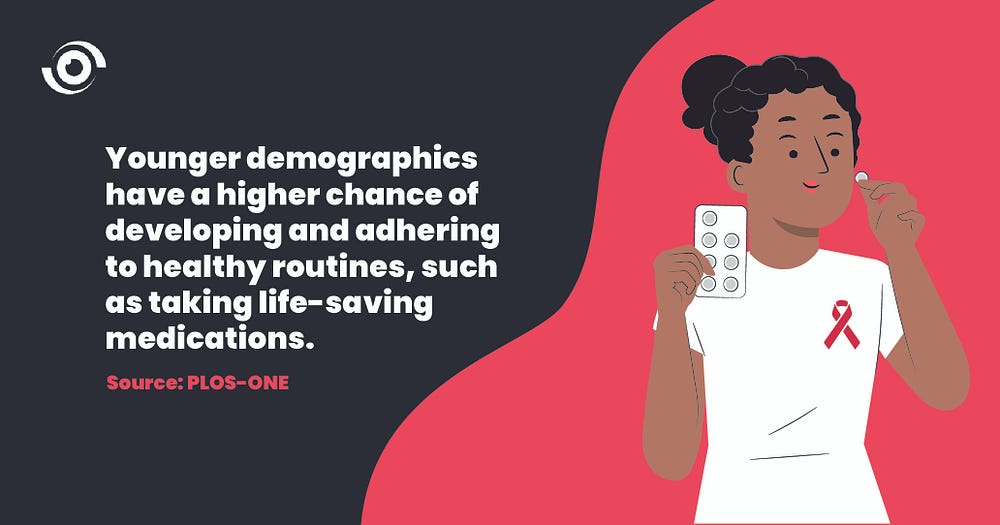
The campaign enlisted well known personalities, such as; educator and entertainer Ugochukwu Nnamdi (Ugo_PNnamdi), Dr Munirat Antoinette Lecky (Anto Lecky) , Kanaga Jnr, and Tomiwa Tegbe to share campaign content and create their own videos encouraging young people between the ages of 18 and 35 to get tested for HIV test and know their status. They also encouraged people living with HIV to take their HIV medication daily as prescribed by their doctors in order to become undetectable in as little as six months.
The end goal
Having large populations with undetectable viral loads can potentially reduce the burden of HIV in the country, as there would be a greatly reduced risk of passing HIV to partners through sex. This would help Nigeria move closer to its goal of ending HIV as a public health threat by 2023 and achieving SDG target 3.3 .
Moving forward
Undetectable equals Untransmittable (U=U) provides hope to people living with HIV. It is important to remember that achieving and maintaining an undetectable viral load requires adherence to prescribed medication and regular monitoring by healthcare professionals.
In Nigeria, it is evident that the U=U message needs more amplification. One way to do this is by meeting young people where they are, with the relevant information required, i.e. on social media, as done through this campaign in addition to leveraging other youth forums and engaging champions to further amplify the U=U message. Young people in rural and urban areas in the country still need to understand the importance of getting tested. In addition, people living with HIV must be encouraged to adhere to their prescribed medications to become undetectable and maintain a suppressed viral load. This will be critical in achieving an HIV-free generation.


